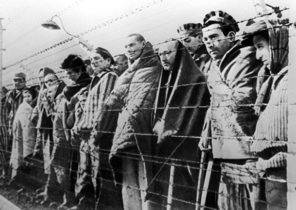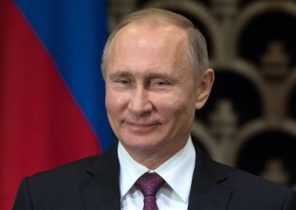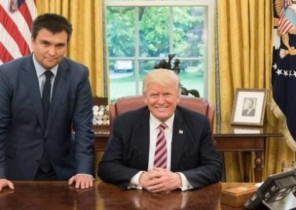
France does not intend to comply with the approved on Friday a multilateral Treaty on the prohibition of nuclear weapons due to the mismatch between the context of international security.
“France did not participate in the negotiation of this agreement and does not intend to abide by it. The Treaty does not bind us, and does not create new obligations. The solution of a large number of nuclear weapon States or other States in possession or not of nuclear weapons – not to participate in negotiations, in Europe and Asia, in particular, clearly illustrate this discrepancy,” – said in a statement the French foreign Ministry.
It is noted that “the text (of the agreement – ed.) does not match the context of international security, which is characterized by growing tensions and the proliferation of weapons of mass destruction, as evidenced, in particular, the nuclear threat from North Korea.”
In a statement, the foreign Ministry stresses that “the policy of security and defence of France, as the allies and other close partners, based on nuclear deterrence”.
According to the French foreign Ministry, the new Treaty could also undermine another document – the Treaty on the nonproliferation of nuclear weapons, “which is the cornerstone of the nonproliferation regime”.
“For its part, France still intends to pursue the following specific stages of nuclear disarmament in accordance with its obligations under the Treaty on the nonproliferation of nuclear weapons”, – stated in the message.
In addition, the French Ministry of foreign Affairs stated that an important goal of nuclear disarmament “is to reduce the nuclear arsenals of Russia and the USA, which account for 90% of the stockpile of nuclear weapons in the world.”
On 7 July, the UN approved the first multilateral Treaty to ban nuclear weapons. At the plenary session on Friday, the 122 participating countries of the Conference on the talks voted “for” the adoption of the document, the Netherlands voted against, Singapore abstained.
According to the text of the Treaty, all States parties undertake never under any circumstances develop, test, produce, not produce, not otherwise acquire, to own or not to accumulate nuclear weapons or other nuclear explosive devices.
Countries also may not transfer to anyone nuclear weapons or other nuclear explosive devices, to have control over such weapons, directly or indirectly, and to use or threaten to use them, according to the text of the document.
In addition, States parties are not allowed any deployment, installation and deployment of any nuclear weapons or other nuclear explosive devices on its territory or anywhere under their jurisdiction or control.
The decision on the preparation of the document was adopted by the UN General Assembly in December last year. The corresponding resolution was supported by 123 States, while the nuclear powers, including Russia, and about 30 countries, voted against. China was the only of the five permanent UN security Council members who abstained in the vote.
The resolution decided to hold a conference with a view to developing “a legally binding instrument to prohibit nuclear weapons, which will lead to its complete elimination”.
Intergovernmental negotiations on the elaboration of a Treaty banning nuclear weapons, which began in March this year, was held without the participation of a number of countries, including USA and Russia.







